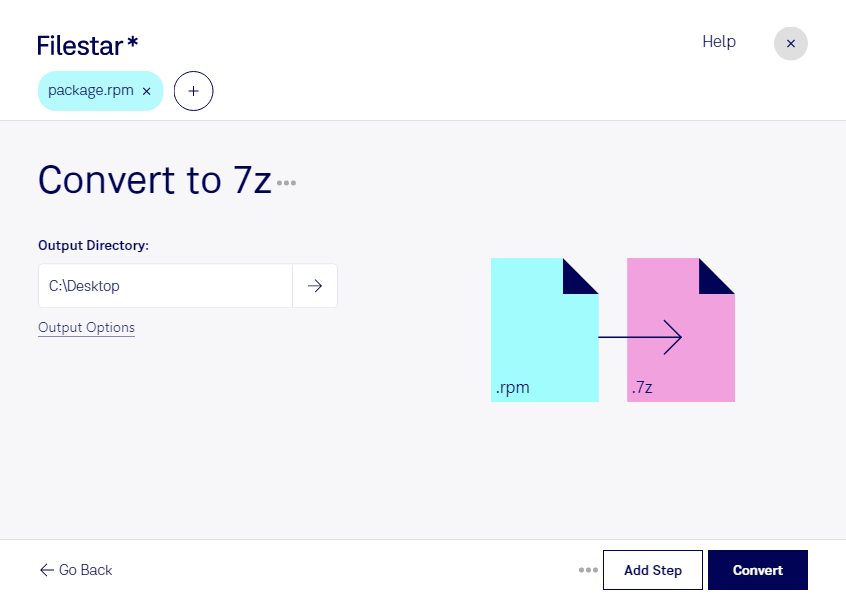What is the difference between .rpm and .7z?
- Extension
- .rpm
- .7z
- Format
- Binary
- Binary
- Category
- Compressed
- Compressed
- Developer
- Red Hat
- Igor Pavlov
- Description
- The RPM file format, associated with the Red Hat Package Manager (RPM), is a package management system primarily used in Red Hat Enterprise Linux (RHEL) and its derivatives like Fedora and CentOS. An RPM file is essentially a container for software or data that allows for easy installation, upgrading, and removal of software on a Linux system. It encapsulates compiled software, metadata about the package such as its version, architecture, and dependencies, and configuration files necessary for the software to run correctly.
- A 7Z file is a type of compressed archive that uses the open-source LZMA compression algorithm to reduce the size of the file. This type of file is often used to store multiple directories and files in a single, compressed package. 7Z files can also include strong AES-256 encryption for added security. They are commonly created using the 7-Zip utility developed by Igor Pavlov.
- MIME Type
- application/x-redhat-package-manager
- application/x-7z-compressed
- Sample
- sample.7z
- Wikipedia
- .rpm on Wikipedia
- .7z on Wikipedia
